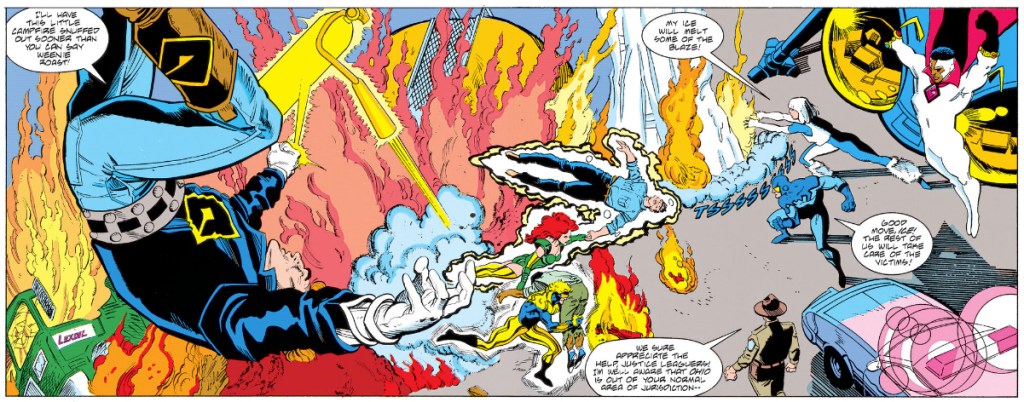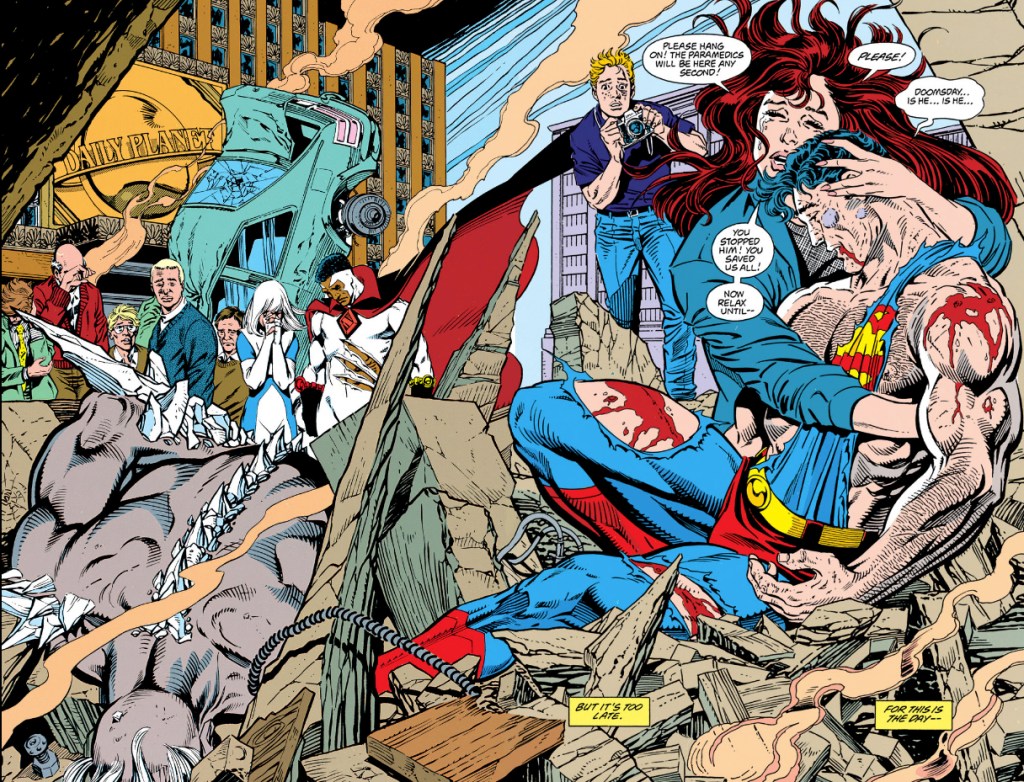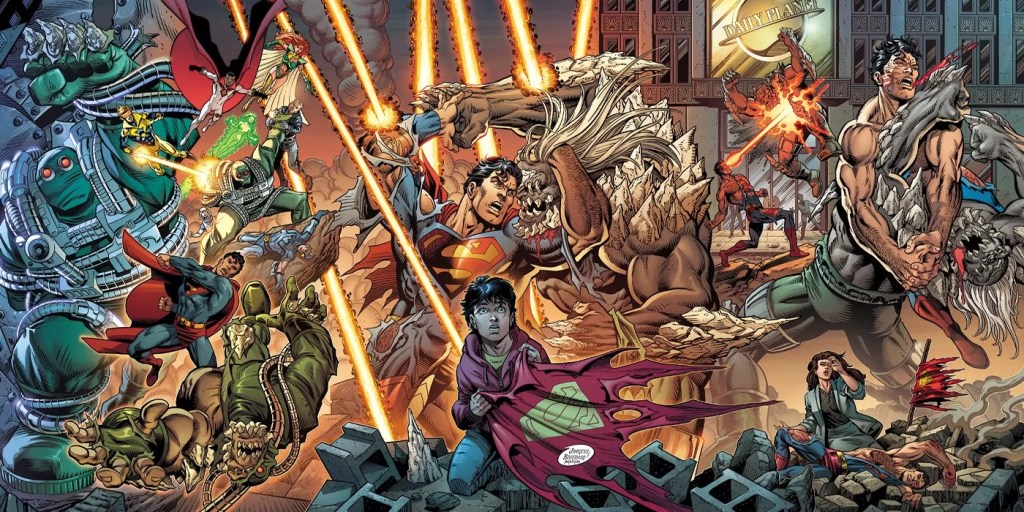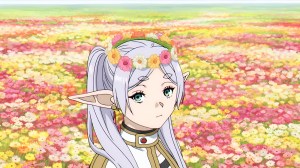Few stories have left as significant a legacy as DC’s Death of Superman, which shattered not only sales charts but also assumptions of what a superhero story, nonetheless a Superman story, could or had to be. That legacy has remained to this day, and there is no shortage of comic fans who hold a special appreciation for that now iconic story. Whether you loved it or hated it at the time, it has cemented its place amongst the all-time unforgettable stories in comics. While there are some truly amazing Superman stories still being told, it will always be difficult to replicate the immense legacy of this story, one that is still being felt and explored to this day, and that’s why, for me, it’s still the greatest Superman story of all time.
Videos by ComicBook.com
Now, obviously nostalgia plays a part in this, as it does with much of what we loved growing up. Superman was a critical part of my personal comics journey, and so there was already an established foundation in place for the Death of Superman to make a considerable impact. That said, there was no way I ever anticipated the true effect this story would ultimately have, both on me and comics fans as a whole, and since I wasn’t sure if that would hold up over time, I went back and read through it again. Crazily enough, it still lands today as much as it ever did back then, and I can’t think of much higher praise than that.
A Moment in Time

As with anything produced in the 1990s, there are always going to be elements of that era that don’t hold up or seem perhaps out of place by today’s modern standards. That’s true of Death of Superman as well, which technically begins in Superman: The Man of Steel #17, though that’s mostly setting up the other pieces on the board as Doomsday attempts to escape his cell. That finally happens in Superman: The Man of Steel #18, and from there on the story hits the gas and never looks back as Doomsday obliterates everything and anything in his path.
While this storyline was created in 1992, you’d actually be surprised at how much that doesn’t really matter. Most of those more notable ’90s elements are tied to the Justice League of America’s lineup at the time, which consists of Blue Beetle (Ted Kord), Booster Gold, Guy Gardner, Fire, Ice, Bloodwynd, and Maxima. That lineup holds several fan-favorites, but power-wise is considerably underneath other rosters that include names like Wonder Woman, Martian Manhunter, The Flash, Batman, Aquaman, and more. That didn’t bug me at the time, but later, as I got more analytical about comics, it did stick out as odd and almost like an asterisk next to what happened.
[RELATED: One of DC’s Most Powerful Heroes Just Lost Their Powers]
We Took Superman For Granted

Funnily enough, as time has gone on, I’ve come back around to my original way of thinking on this, and honestly, I’ve come to appreciate what this lineup adds to the story. One of the most compelling through lines in the story is how Superman has been taken for granted, and there’s a rather visible meta element to that thread that can be seen throughout the series as well, highlighted by the talented team of Louise Simonson, Dan Jurgens, Jerry Ordway, Dennis Janke, and Roger Stern.
Characters like Guy, Booster, Fire, Maxima, and Bloodwynd are all heroes who feel like they were built to flourish during this particular era, with all the mystery and charismatic edge that was so incredibly popular at the time. They even have their share of big moments throughout the story, but their most pivotal purpose is in showing just how much trust and belief Superman inspires, even amongst his detractors.

One of the most apparent examples is Mitch, who couldn’t be any less of a fan of Superman when we first meet him and his family. That doesn’t change when Superman appears either, but as the situation grows more dire, it’s evident that beneath the snarky facade is still a rooted belief that Superman will help.
This is played up in other ways as well, such as Luthor’s insistence that Supergirl isn’t needed, because at the end of the day, Superman’s got it, right? Superman even thinks to himself that he could use some help, but he never actually utters those words out loud, pushing past the pain and charging forward.
There are also elements of this in the interview Superman is giving before his first confrontation with Doomsday. We see several points of view of the interview, and most, if not all, paint it as either boring or not relevant to modern times. Yet Superman is talking about all of the things we’ve come to associate with his character and approach to being a hero, and over the course of the ensuing battle, those all prove true.

While we see how those on the outside view Superman in any number of ways, we also see the reaction from those who know the man behind the symbol more than anyone, and it’s heartwrenching. Martha and Jonathan have to watch their son make the ultimate sacrifice on national television, while Lois is right there beside him, even jumping in front of a rampaging monster to protect him. Those final moments with Lois are truly unforgettable thanks to the brilliance of Jon Bogdanove, Bob McLeod, Jurgens, Brett Breeding, Janke, Jackson Guice, and Denis Rodier, and you truly feel as if the person who was never supposed to fall finally did.
The Legacy

That brings us to the idea of legacy, and it’s something that I feel has only made the Death of Superman more important over time. While not everything that ties into Superman and Doomsday stands the test of time, the original story and the immediate series of events that played out afterwards most certainly did, and the story and aftermath left an indelible mark on the DC Universe from that moment forward.
Funeral for a Friend explored what a world without Superman truly looked like, with any number of mysteries and personal stories surrounding his death. Then there’s the classic Reign of the Supermen storyline, which introduced four new Supermen that have all gone on to be important and lasting parts of the Superman mythology. All of that led to the return of the man himself, and yet he was forever changed by these events as well.
That’s been explored through a number of stories over the years, and they don’t always involve Doomsday. One immediate moment that comes to mind is Batman’s now classic line in Infinite Crisis, where he tells Superman that “the last time you really inspired anyone was when you were dead.” That moment doesn’t resonate unless the impact of Superman’s death wasn’t felt across the world, but it was, so it hit.

Superman’s own journey has continued to revisit that moment, as well as the effect and trauma that his death and how it happened had on his family. This was a major part of the 30th Anniversary Death of Superman Special, which featured Jon’s reaction to learning about his father’s death, and seeing it through Jon’s eyes really gave the story a new layer of emotional context.
While all of that matters, there’s also the simple idea at its core, and it still resonates today. Before Superman’s death, you knew your heroes could fail, but they would simply retreat, regroup, and come back stronger. While DC advertised it as the death of an icon, there was still the idea that it wasn’t really going to happen, because after all, it’s Superman, right? Superman can’t die…and then he did, and so did the assumption that heroes would always win in the end. All these years later, the story still feels as impactful as it ever did, and it has created a legacy of its own within the already grand legacy of an iconic character, and that’s why it is my greatest Superman story of all time.
Alright, what did you think, and am I on the money or completely off base? Let me know in the comments, and you can talk all things comics with me on Bluesky @knightofoa!








